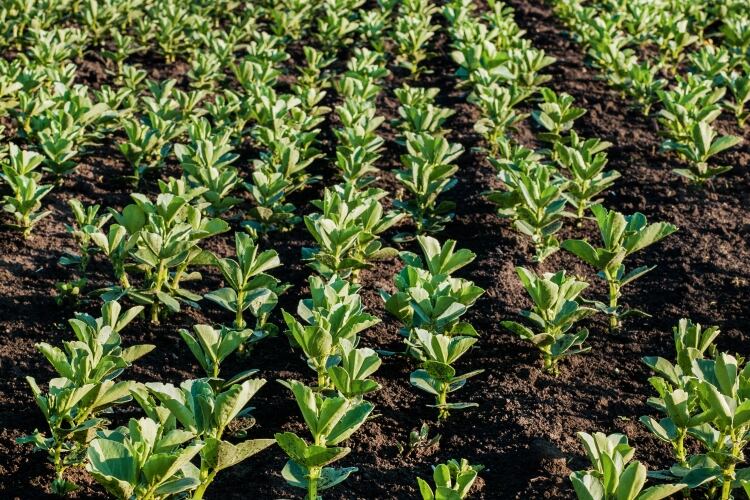The agreement will allow APP to double the output of its plant protein isolates production by March 2022, as well as give Bunge a minority stake in the company and make it the exclusive distributor in the Americas.
Bunge will also have the option to license APP proprietary processing technology outside Australia. Both companies will partner to meet the increased demand for functional, non-genetically modified plant proteins from manufacturers of plant-based dairy alternatives, meat alternatives, other food and beverage, and nutritional supplements.
“Securing investment and distribution agreements with a major multinational such as Bunge, alongside our existing partnership with Scalzo Foods in Australia and New Zealand, is testament to the value and ongoing growth in demand for quality, plant-based protein options,” said Brendan McKeegan, APP co-founder and director.
“The investment and interest also creates strong precedent for further development of similar value-add industries in the Australian agricultural sector. As soon as APP commenced commercial production in November 2020, we experienced soaring demand for our premium faba bean protein isolate in Australia and internationally, with customers impressed with the product’s high functionality and clean taste.”
The functionality of the faba bean protein isolate stems from APP’s proprietary fractionation process that retains protein quality during production.
This allows APP’s protein isolates to be used for a range of plant-based foods and beverages including yogurts, milks, protein bars and shakes, sauces, condiments, baked goods and protein supplements.
Increasingly, many manufacturers are also seeking plant proteins beyond traditional sources such as soy and wheat. Bunge entered the plant-protein segment with a portfolio of pea and canola proteins in 2020 and is now expanding with APP’s portfolio of protein isolates.
“By combining APP’s proprietary extraction technology with our application expertise and global sales and distribution networks, we provide a significant competitive advantage in making quality plant protein accessible to customers around the world,” said Kaleb Belzer, Bunge’s VP, protein business.
McKeegan said, “We’re enabling food and beverage manufacturers to tap into the demand for new protein types, make protein claims, deliver exceptional texture and mouthfeel, and align with consumers seeking non-GMO and clean label offerings.”
The company has also used its fractionation process to develop protein isolates from yellow peas, mung beans, chickpeas, red lentils and yellow lentils, all of which are ready for commercial launch.
“Australian Plant Proteins has achieved an Australian agribusiness first by linking growers of abundant, quality raw materials to the booming plant protein food and beverage market,” McKeegan said.
“Initial plans were to increase manufacturing capacity after 12 months but we’re now looking to fast-track that.”
The next stage of development at the Horsham facility will commence next month, with an expected completion date of March 2022, and will double the facility’s capacity.

